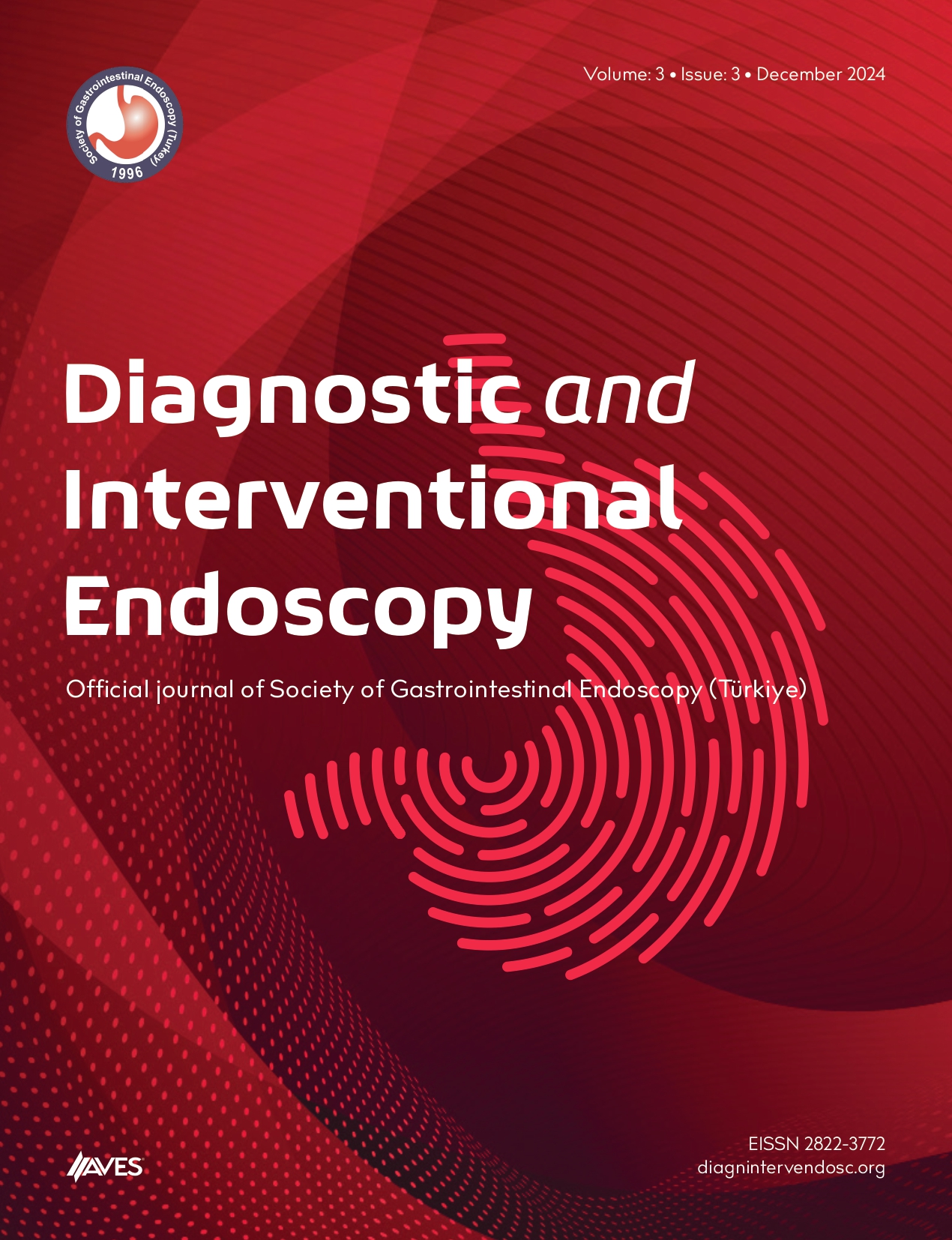Objective: Endoscopic retrograde cholangiopancreatography (ERCP) is often used to provide internal biliary drainage in patients with unresectable perihilar cholangiocarcinoma; however, clinical success is not achieved in some patients. The aim of this study was to evaluate the factors associated with clinical success of ERCP with biliary drainage in unresectable perihilar cholangiocarcinoma.
Methods: We retrospectively evaluated 68 patients with unresectable perihilar cholangiocarcinoma who underwent ERCP with biliary drainage from 2010 to 2018. Patients received either unilateral or bilateral metallic stents. Unsuccessful biliary drainage was defined as a reduction in serum bilirubin of less than 50% from baseline levels within 2 weeks. Student’s t-test and Pearson’s Chi-square test were utilized for analyses.
Results: The rate of successful biliary drainage was 60.3%. Elective biliary drainage exhibited a significantly higher success rate compared to emergency biliary drainage [odds ratio (OR)=3.903, 95% CI, 1.212-12.566, P=.032]. High serum total bilirubin was associated with a significantly higher success rate compared to low serum total bilirubin (OR=1.069, 95% CI, 1.008-1.134, P=.025).
Conclusion: Higher serum total bilirubin levels and elective intervention were identified as factors affecting the success rate of ERCP with biliary drainage. These factors should be assessed to identify patients who might benefit from this procedure.
Cite this article as: Jaroensri C, Eurboonyanun C, Titapun A, Srisuk T, Eurboonyanun K, Ruangwannasak S. Predicting factors for clinical success of endoscopic retrograde cholangiopancreatography with biliary drainage in unresectable perihilar cholangiocarcinoma. Diagn Interv Endosc. 2023;2(3):75-79.

.png)


.png)